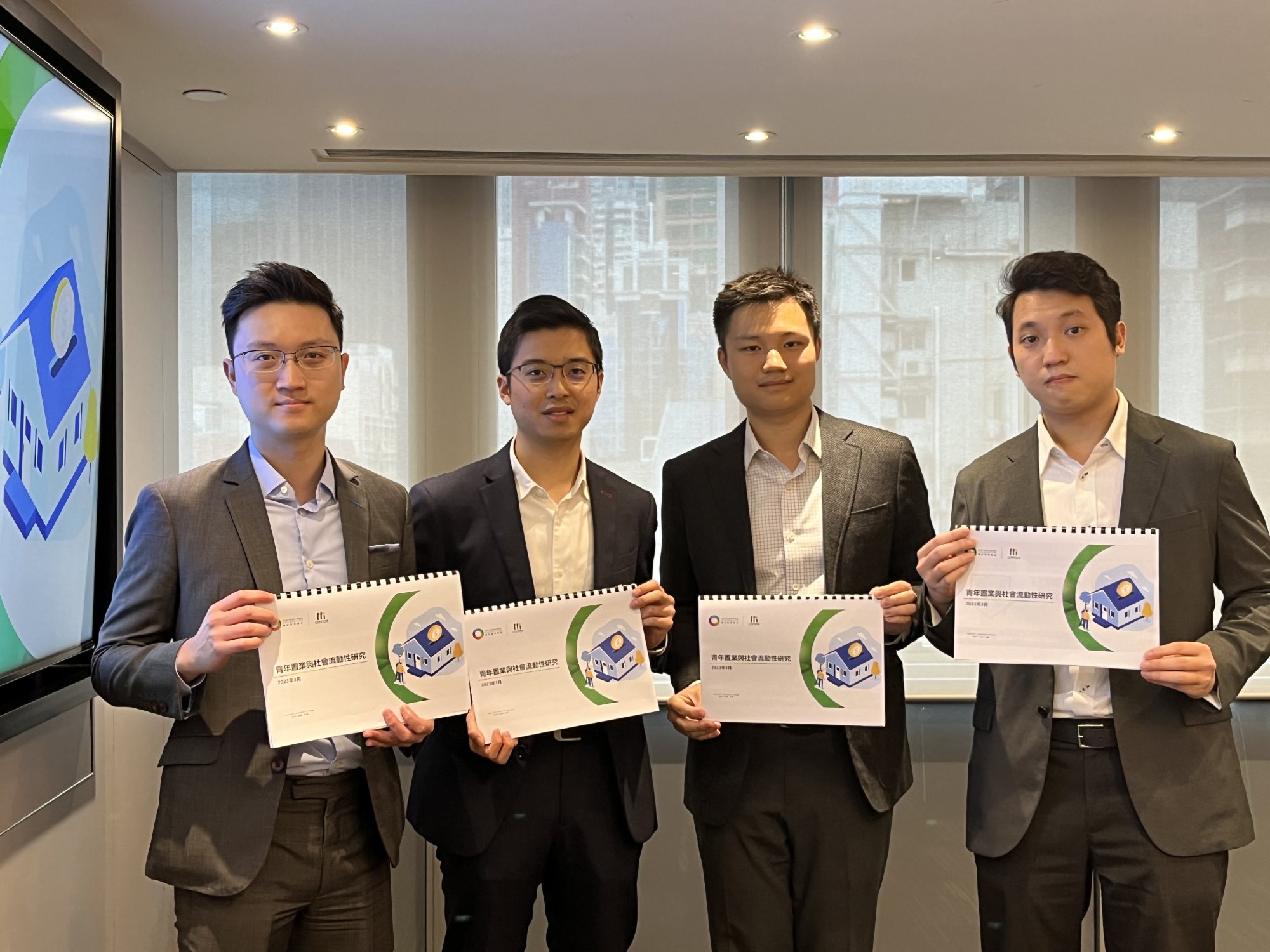
Hong Kong think tank proposes measures to help open doors for young homebuyers locked out by high prices
- Second-hand market for subsidised homes key to boosting home ownership among younger generation, says think tank
- Lengthening mortgage guarantee period for subsidised homes could make them more affordable for young buyers, says Our Hong Kong Foundation
Hong Kong should open up its second-hand market for subsidised homes and lengthen the mortgage guarantee period for the properties to boost ownership among young people, a major think tank has proposed.
The Our Hong Kong Foundation put the proposal forward as it found the younger generation could not afford their own homes. While subsidised flats were always oversubscribed, the second-hand market was controlled by a government-devised quota.
“If the second-hand market is fully opened, the youth can be on a level playing field with family applicants. There will be more subsidised flats in the market which will benefit all the applicants,” said Ryan Ip Man-ki, the foundation’s vice-president.

“The city has over 400,000 subsidised flats, and they could potentially supply the second-hand market,” he said, noting that it would be subject to owners choosing to sell their homes.
Since 2014, the government resumed the sale of subsidised flats under the Home Ownership Scheme (HOS), but they have always been oversubscribed.
Last year’s batch offered around 9,000 flats priced at 51 per cent of the market value. They were oversubscribed 27 times.
To increase home-buying opportunities, the White Form Secondary Market Scheme, introduced in 2018, allows reselling of subsidised flats to a limited number of applicants who do not need to pay a land premium.
The quota rose to 4,500 last year, but only 10 per cent were given to single applicants, restricting youth home ownership.
Subsidised homes can be resold in the private market after paying a land premium to compensate for the discount initially offered by the government. However, the costs will rise significantly for buyers.
The think tank said another hurdle was that 65 per cent of subsidised homes had their government mortgage guarantee period ended or almost expired, resulting in a higher instalment that the younger generation could not afford.
For a HK$5 million (US$637,375) HOS flat, the group said buyers only needed to pay a HK$500,000 down payment at the beginning of the guarantee period, but the sum would increase to HK$2 million towards the end of the period.
“Relatively new flats will be sought after … If the period can be extended from 30 years to 50 years, it will cover more subsidised flats, and the supply will increase. It can even lower the property price,” Ip said.
Lawmaker Scott Leung Man-kwong, a member of the Housing Authority’s subsidised housing committee, said the issue was how to incentivise owners to resell their flats as the second-hand HOS market was quiet.
Subsidised flats logged 4,541 transactions last year, while second-hand private units had 31,802 deals, according to property agency Centaline.
Leung noticed that some HOS owners refrained from putting their homes on the market because they were barred from purchasing another subsidised unit after the sale but could not afford a private flat.
Apart from the two measures raised by the think tank, he said the government could also consider loosening the restriction on homeowners, as some old couples may want to sell their flats to buy smaller ones.
“More people in need could buy second-hand subsidised flats without paying the land premium. They can act as a new force to the second-hand market,” Leung said.
The Housing Bureau said it would continue to monitor the need to increase quotas for the White Form Secondary Market Scheme.
“The suggestion to fully open up will likely increase the relevant demand substantially and drive up the property price of HOS in the secondary market, lowering the homeownership opportunities of low- to middle-income families,” a bureau spokeswoman said.
She said the government would keep in view the need for extending the mortgage guarantee period in regard to different factors including the financial risk to be borne.
The spokeswoman added that banks also considered circumstances of individual mortgage applications other than the guarantee period.

